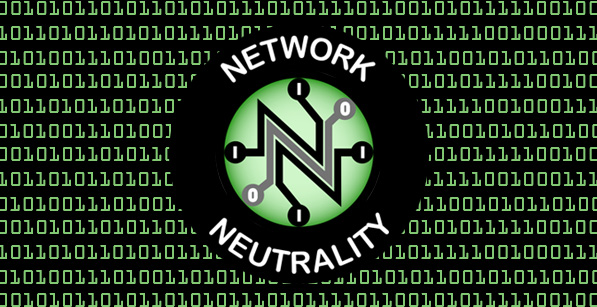The world is currently debating Net Neutrality and its implications to the future of data, a controversy that has even caught hold of the neighboring country India due to Facebook’s Internet.org initiative. We at SmartChoice.pk believe people in Pakistan should understand this debate and realize the implications of agreeing or disagreeing with Net Neutrality.
What is Net Neutrality?
Following is the definition of Net Neutrality:
In simple words, no discrimination regarding internet traffic and data. ISPs are able to identify particular traffic such as browsing, audio stream, video stream, torrents etc and some either provide separate data packages for certain services (VoIP Calls, video stream etc) or able to restrict some (throttling peer-to-peer traffic).
Net Neutrality emphasizes no discrimination of traffic and of consumers’ right to use any traffic for the available data caps.
Why Net Neutrality?
Some ISPs deployed certain features such as preventing peer-to-peer connections to reduce torrent downloads, restricting video sharing websites (like YouTube) at certain time of the day for network traffic management and charging extra for some services such as VoIP calls and Messages. Some ISPs exclude certain services from data plans, particularly VoIP calling, making it expensive to use these services which should have been free (imagine paying for Skype-to-Skype call from mobile).
These restrictions and extra charges are considered discrimination based on data and Net Neutrality is about freedom of data over the internet. It should not matter to ISPs if the particular data traffic is of internet browsing, YouTube, torrent download or live-stream music, they should be part of data plan offered by the service providers.
Other Side of the Story
ISPs raise their own concerns regarding Net Neutrality. Some networks get choked during peak hours, half of that traffic due to torrents and YouTube. To control that, many ISPs attempt to restrict these services for better internet experience.
Some Telecom companies argue that VoIP calls and message services are not subject to regulations like telecom companies, and they earn huge revenues with little investment; thus these services should be taxed. As some explain, roads and highways have toll tax for maintenance for smooth travel experience of the cars. Similarly telecom companies are digital highways and companies providing VoIP and messaging service should share their revenues with them or with the government.
Where Pakistan Stands?
Pakistan is still stuck at Cyber Crime Bill. The ad-hoc website banning, as in the case of YouTube and several others, restricts information access and current form of the bill criminalizes even criticism on the government. Still, Net Neutrality is considered an important development in the world and organizations such as Internet Policy Observatory Pakistan and Digital Rights Foundation are part of global coalition for Net Neutrality called https://www.thisisnetneutrality.org/
Broadband and telecom companies have not hindered any services or levied extra charges that would suggest their stance against Net Neutrality, and most services that are blocked are on government orders (such as YouTube). However, allowing free browsing of Facebook and Twitter is considered against Net Neutrality because other social network platforms are being discriminated by giving access to only Facebook and Twitter. Since there are no Net Neutrality laws in the country, such practices are legal.


Pingback: The Controversy Surrounding Internet.org | SmartChoice.pk
Pingback: charging for WhatsApp Calls Will Backfire | SmartChoice.pk